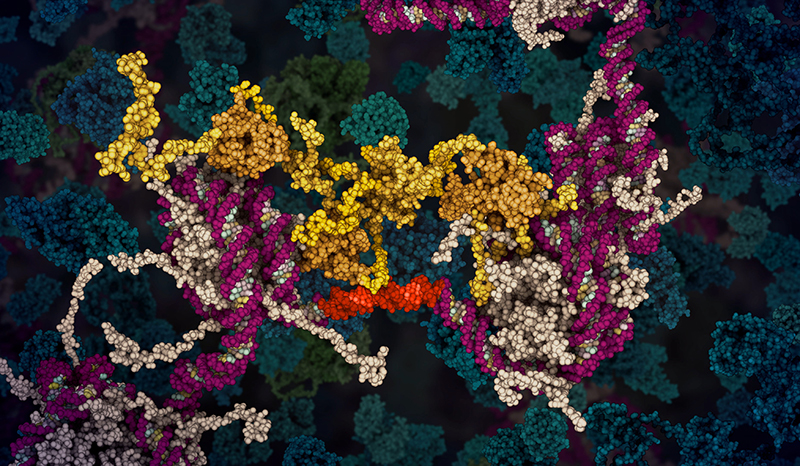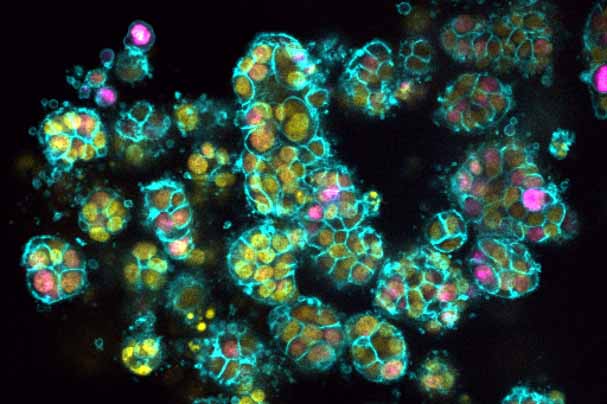Pancreatic cancer is the abnormal, uncontrolled growth of epithelial cells in the pancreas.
The pancreas is an organ in the abdomen, located between the stomach and spine. It has two different types of glands:
- exocrine glands make enzymes that break down food so it can be used by the body. The enzymes are secreted from the pancreas into the intestines.
- Endocrine glands make hormones that regulate blood sugar levels. The hormones are released directly from the pancreas into the bloodstream.
Most pancreatic cancers start in the exocrine glands.
People with pancreatic cancer usually have no obvious symptoms in the early stages, and there is currently no screening program to identify people at risk of the disease. As a result, pancreatic cancer is often not diagnosed until it is quite advanced. Pancreatic cancer is difficult to treat and only seven per cent of people survive five years after diagnosis.









